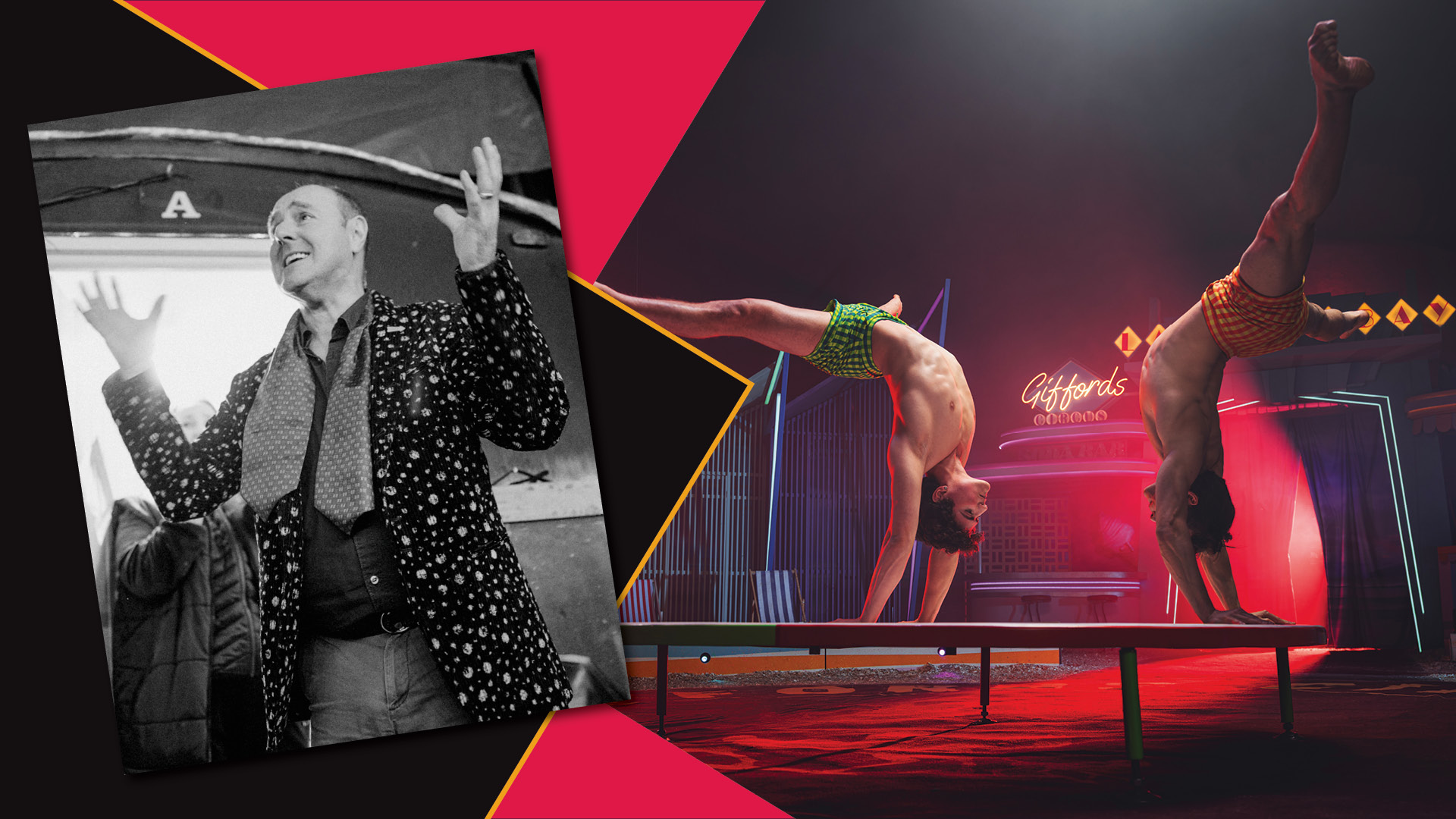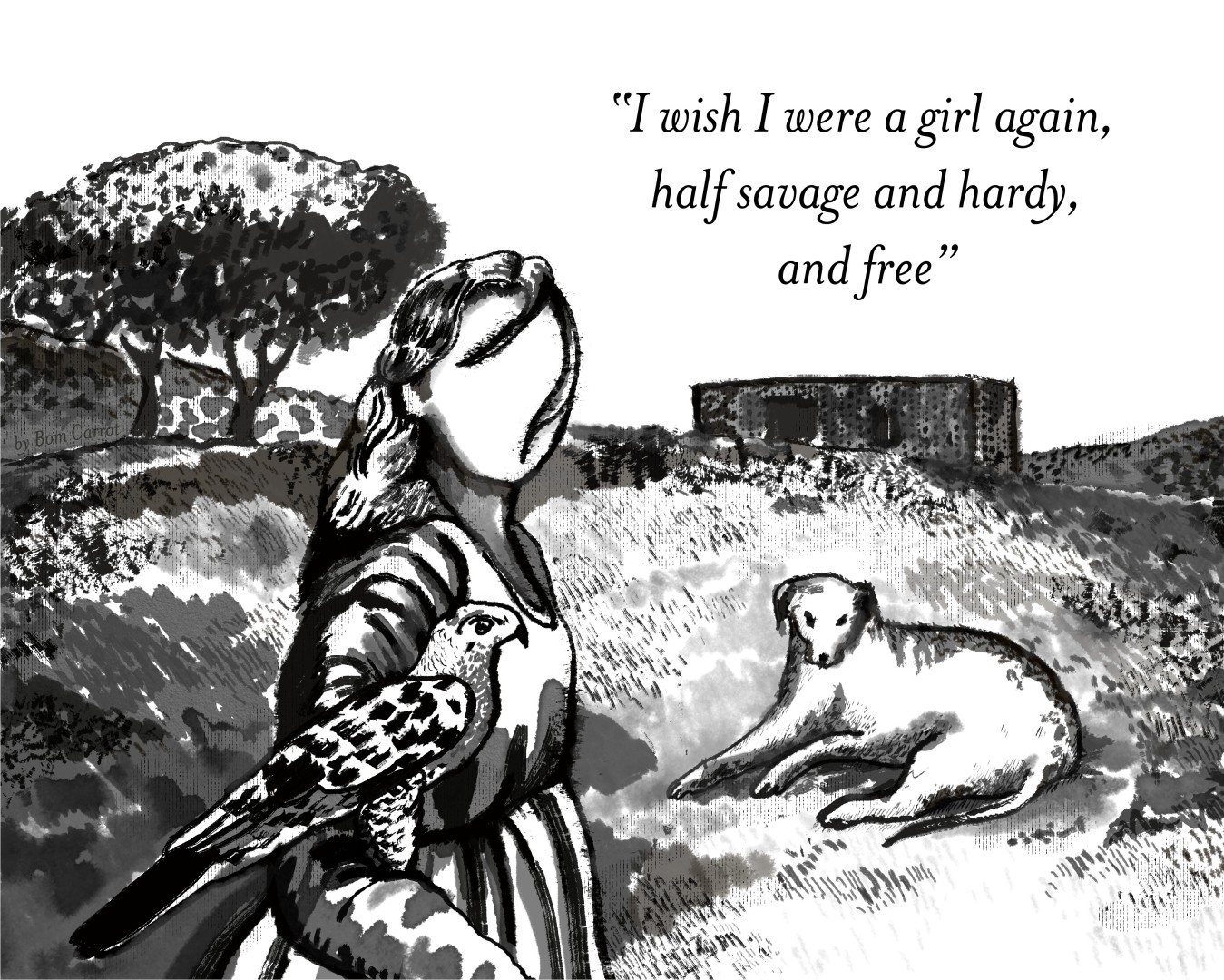The phrase Britpop is generally agreed have been coined by journalist Stuart Maconie. In 1993 he wrote a feature for Select magazine about the emerging British music scene, set to dispel the invasion of American grunge. Two years later the charts were dominated by edgy, cool home-grown bands, and the ‘battle’ of Britpop (Oasis and Blur slugging it out for the number one slot) was a major news story. 1995 was also the year Echobelly released their career-defining album, ON, packed with hits including the insanely catchy King of the Kerb. Thirty years on, the band are embarking on an anniversary tour which will see the album performed in its entirety, along with other of their greatest hits. I caught up with lead singer, Sonya Madan, to see how it felt to be back: “I feel like somebody put me to sleep, and I kind of woke up 10 years later, because it doesn't feel that long and yet it does. I look back at that time, and I think, ‘bloody hell, that was a long time ago. But at the same time, in my memory, it doesn't necessarily feel like 30 years.”
In your experience, what has changed in the music industry during that time?
In my experience, it's a lot kinder. Now people in the music business – and in general – are just more decent towards each other. If you go into a meeting with anyone in the music business or journalists or other artists, people are supportive. I don't know if it’s just on the surface or not, but in the 90s you had to be a tough cookie. A lot of people who chased fame found that it was the most horrible experience and there were a lot of casualties, I think, from that era.
What lead you to a career in music?
I think all artists are narcissists by nature. That doesn't have to be a negative thing, I mean, life is about self-exploration and self-discovery. You just turn the dial up higher out of need or necessity – or narcissism – and it just feels like the most natural thing to be doing with your life. That's how you project your self to the world.
I had no plans to do this. I come from an academic family, and they were bemused by the whole thing. I was also rather surprised by it, but at the same time, as soon as I stepped on stage, I felt a sense of comfort that I didn't necessarily feel in real life: I can stand in front of thousands of people and perform but if I have to walk into a pub to meet a friend, I'm self-conscious.
You've spoken in the past about the power of music to make change or heal. In what way?
From an artist's point of view, we can get a little bit egotistical about the whole thing, because we feel perhaps that we've created something special, and then we expect the whole world to applaud it. But as I get older and wiser, hopefully I realise that as soon as you've created something, you send it out, and then it belongs to the receiver, and they are entitled to take what they want from it. So you might have written something about a particular subject matter, but it's totally misunderstood, and that's perfectly fine, because the person enjoying it is going to make it their own. That's why the music that elitists think is crass and mundane can often be the most popular music, because it's how the person feels when they listen to it.
Can you separate the art from the artist?
I think it's really important to. I was reasonably political in my youth, but everybody sees the world through their own eyes, and we have a right to do so. If you believe everyone is wrong, you haven't developed an ability to see the world from someone else's eyes, which is fine, but I'm really trying – I wouldn't say I've been that successful – to understand that ultimately, it's about love all. We're all brothers and sisters. It's easier said than done, because people annoy and irritate and you know you, as Nietzsche said, ‘Do you really believe everybody is your equal?’
So yes, I think people are allowed to have different political opinions. I think freedom and free speech is more important than everybody following one particular agenda, however altruistic.
What sort of music you did grow up with?
My father was into Indian classical music, so my childhood memories are of Top of the Pops and ghazals being played in different rooms. Typical Anglo-Asian upbringing, I suppose.
And can you hear that influence in your music?
I can. For people who really know Echobelly, it you can feel that. But I think for the superficial fans, it's all about the poptastic element.
What music do you listen to?
How do I put this? A lot of people go on and on about other bands and they’re deeply knowledgeable, and I'm a little bit ashamed to say that music is not my first love. I listen to the most esoteric, avant-garde stuff, and yet I also love cheesy pop. I love anything that moves me. I have no particular, you know, direction in terms of music. So I'm not the best person to say, ‘Oh, I've discovered this or that’ – I'm not that sort of artist.
How about books? Do you read a lot?
I used to read a lot of semi-philosophical books, but – this could come up really weird, but I'll just be honest – I discovered a book called Seth Speaks by Jane Roberts, and since then, I have not been able to read another book. It's almost like, soon as I read the introduction and I just felt like I'd found the book I needed to read. Since then, it's been more about going inwards and meditation; learning about myself. Rather than looking out for answers, I'm looking in.
That’s so interesting. Most people cite examples from the outside world as their sources of inspiration, but I’m now guessing that what you create comes from your interior world.
Always. Yeah, spot on.
Do you have faith?
I'm not religious at all. I think it's like nylon – manmade
Finally, you’re coming to Oxford in October to play at the O2. Where's your favourite place to perform?
There isn't one. It’s not the place, it’s the energy between the band and the audience. So it could be in a petrol station or whatever. It doesn't matter. It's all about the energy created by the people in the room. It can be 1,000s of people; it can be 10 people. If you make that connection it’s how art becomes so powerful, because it's like a gestalt of everybody's energy.
When you go to a gig, and you have a fucking brilliant time, you feel euphoric, and you feel you belong with your friends. That show is a moment that is captured in a snapshot of your life. That's what [we’re] there to do, to give people a sense of experiencing joy in whatever form.
Echobelly will be at the O2 Academy, Cowley Road, Oxford on Saturday 11 October. To book tickets, visit academymusicgroup.com or for full tour details and more on Echobelly’s 30th Anniversary tour, head to echobelly.com.









